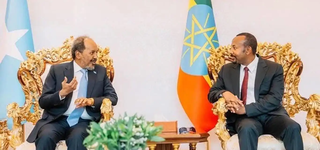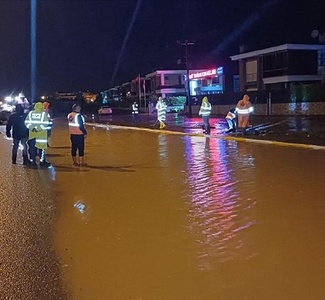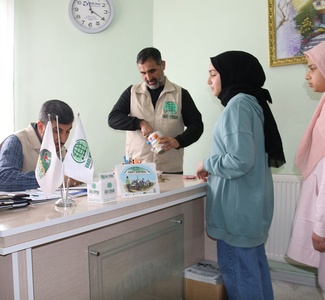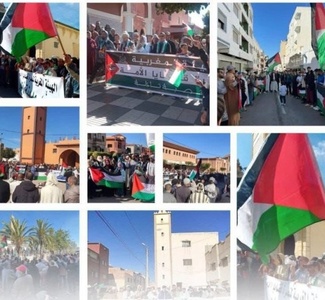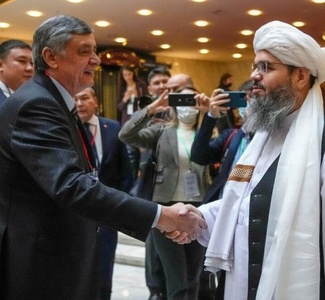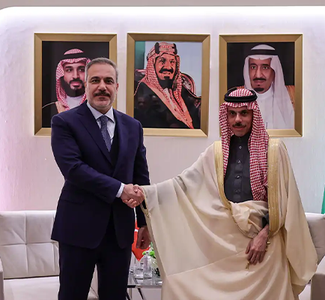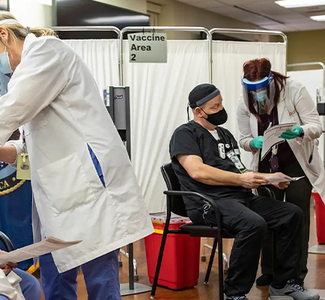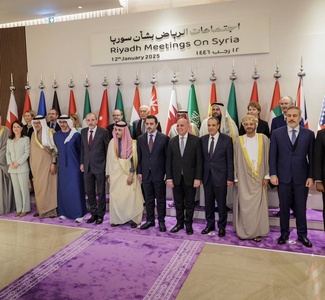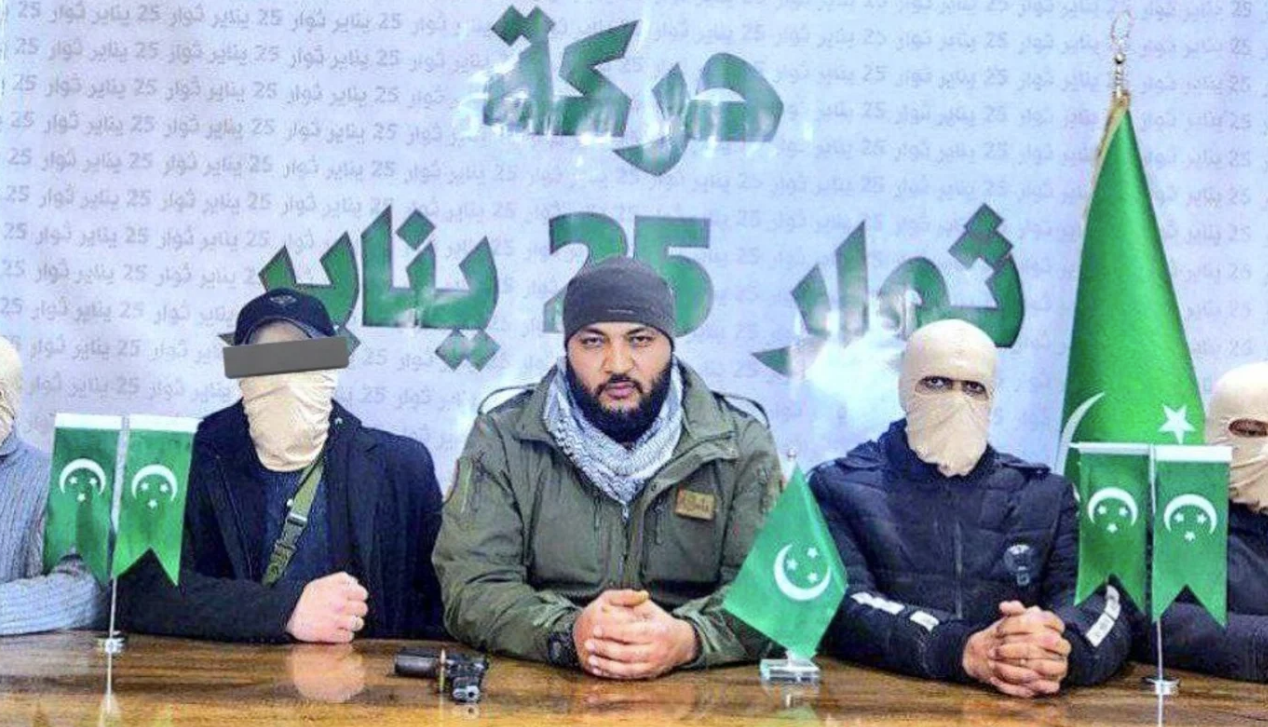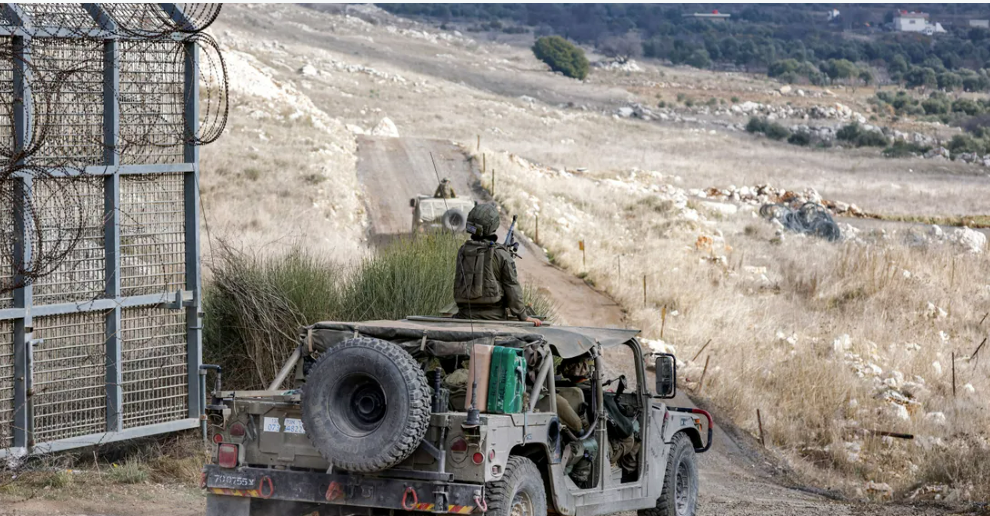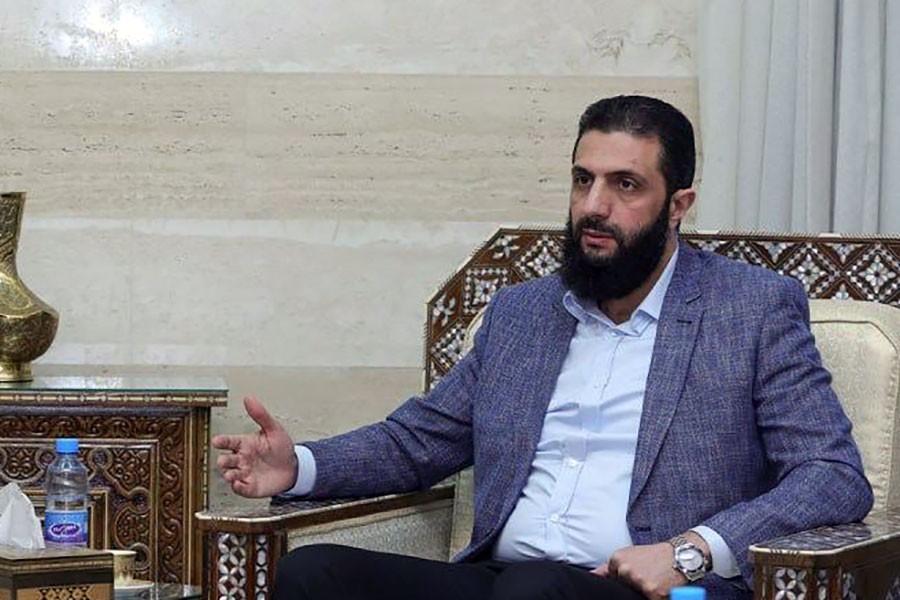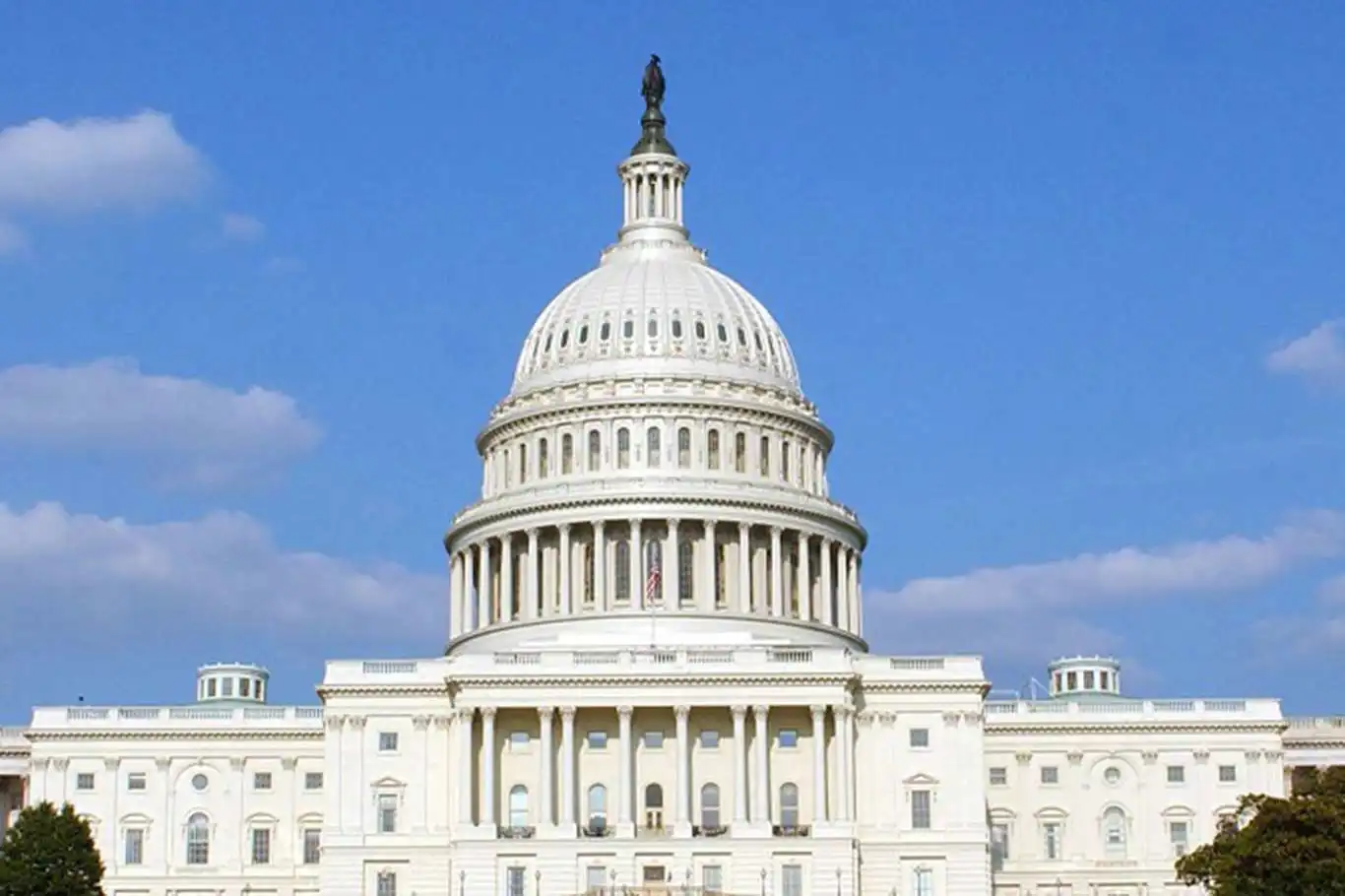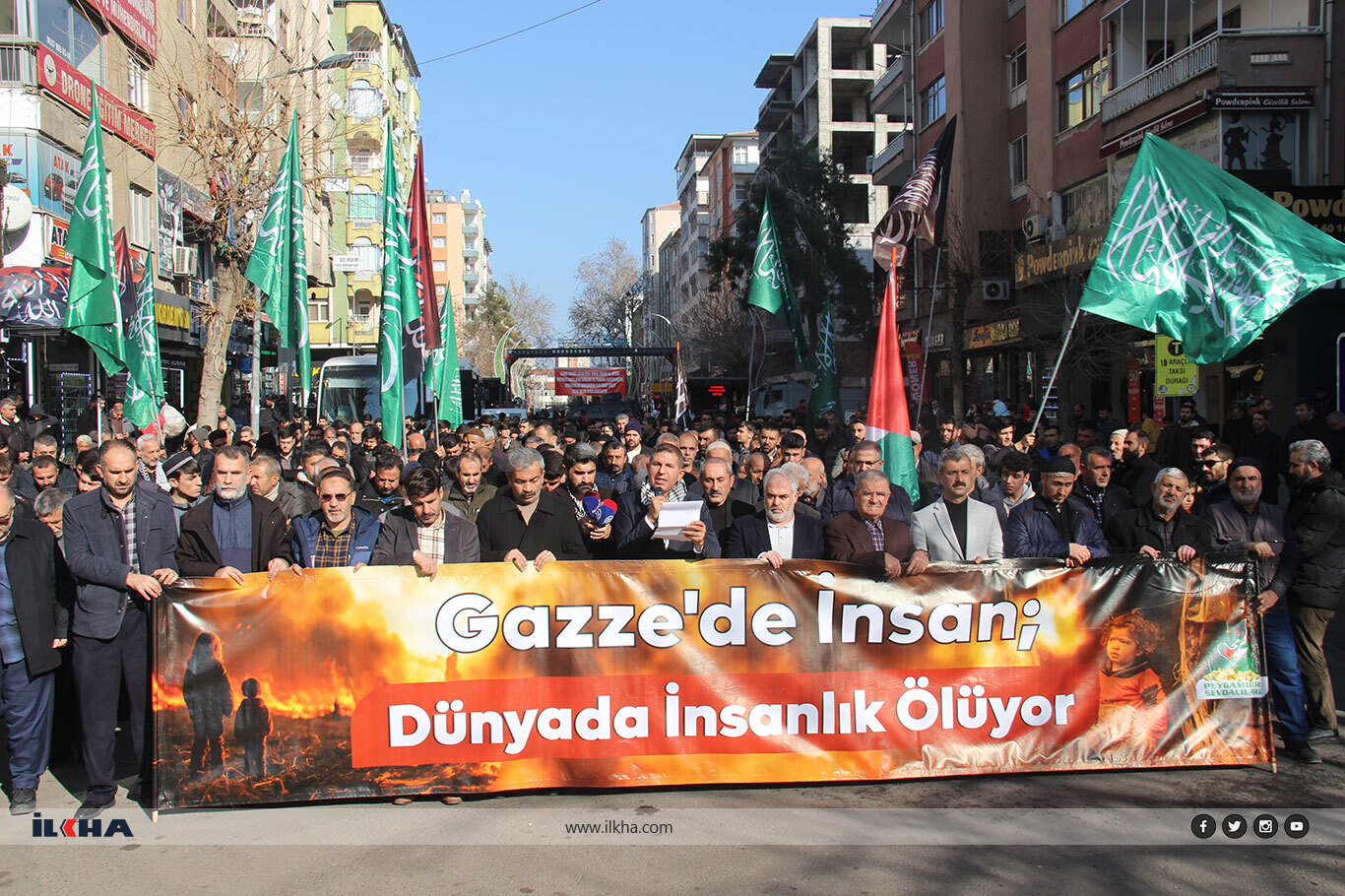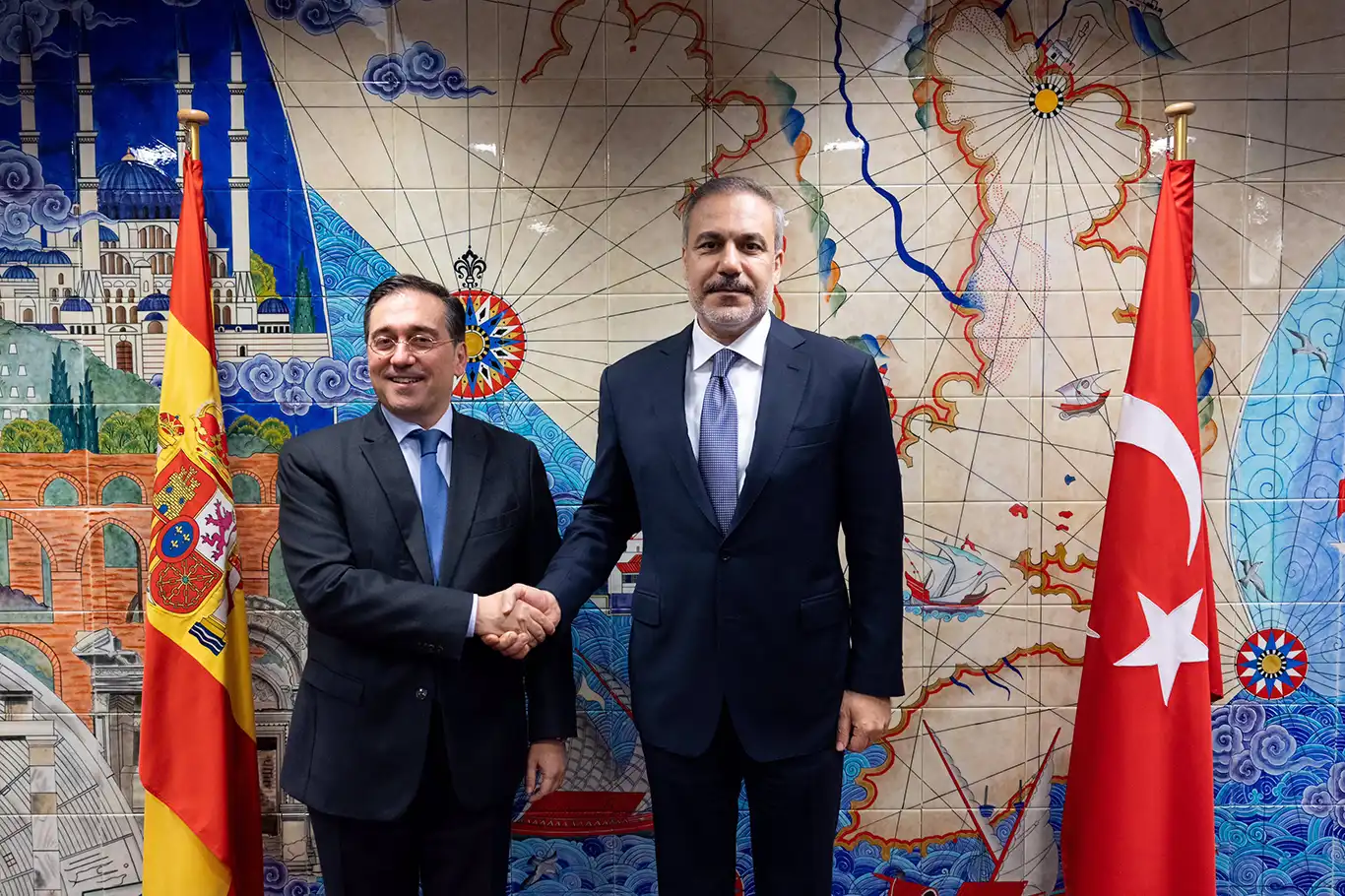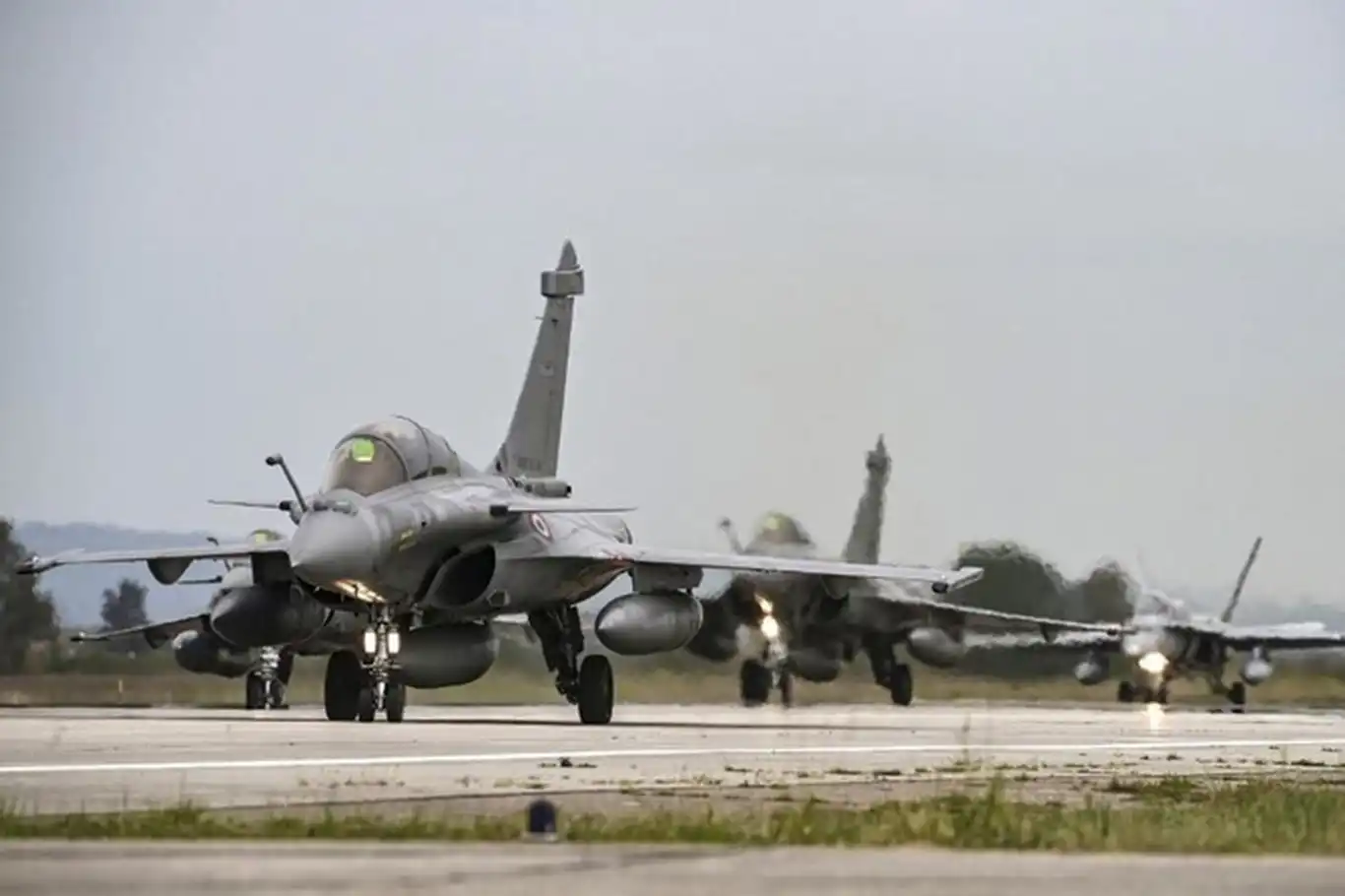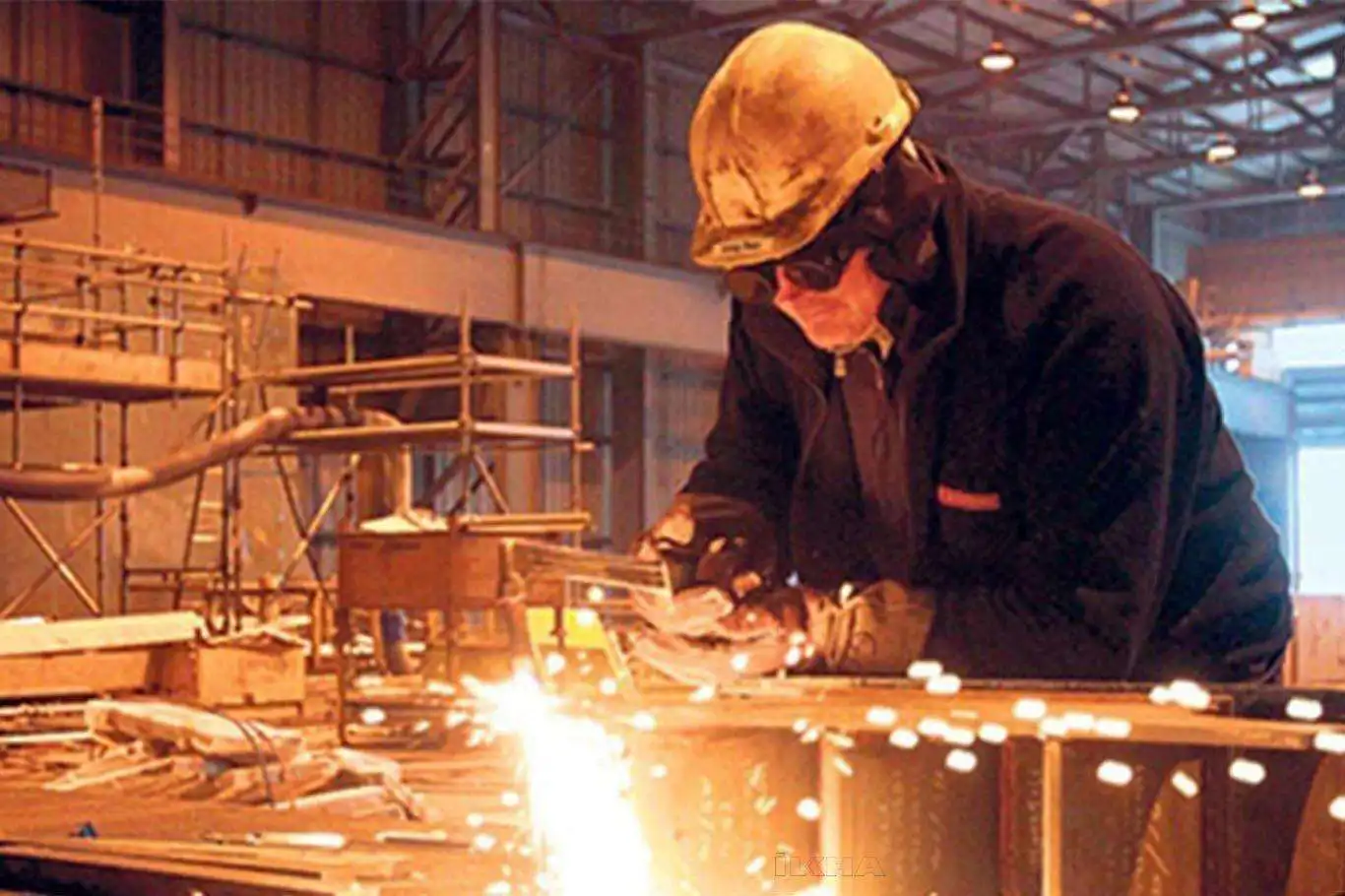Zoran Milanovic wins landslide victory in Croatia’s presidential runoff
Incumbent President Zoran Milanovic has secured re-election in Croatia’s presidential runoff, with exit polls indicating an overwhelming victory over his challenger, Dragan Primorac, from the ruling conservative Croatian Democratic Union (HDZ).
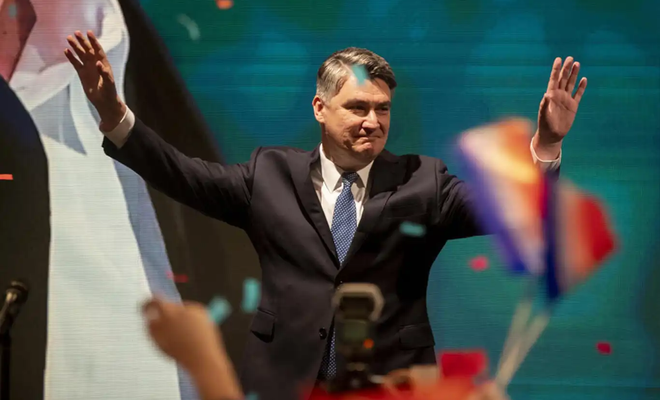
 Google News'te Doğruhaber'e abone olun.
Google News'te Doğruhaber'e abone olun. Exit polls conducted by Ipsos and broadcasted on state television HRT showed Milanovic winning nearly 78% of the vote, compared to 22% for Primorac. Official results are expected later in the evening, but the early numbers signal a decisive win for the 58-year-old left-leaning president.
Milanovic, who narrowly missed securing a majority in the first round of voting on December 29, expressed confidence before casting his ballot on Sunday. “I believe in victory because I think I am worth it and because it is important,” he said.
Primorac, a forensic scientist and former education minister, positioned the election as a crucial moment for Croatia’s future. However, Milanovic’s popularity proved insurmountable, as he dominated the first round and carried the momentum into the runoff.
Milanovic has been a polarizing figure, known for his combative communication style and outspoken criticism of Western policies, including military support for Ukraine. On Sunday, he reiterated his stance, describing the European Union as “in many ways non-democratic” and calling for reforms to the bloc’s governance.
“That’s not the modern Europe I want to live and work in,” Milanovic said. “I will work on changing it, as much as I can as the president of a small nation.”
Despite accusations of being "pro-Russian," Milanovic denied such claims, pointing to his decision to block Croatian officers from participating in NATO’s Ukraine mission last year.
Although the Croatian presidency is largely ceremonial, the role holds symbolic significance as the nation’s supreme military commander and a counterbalance to the government led by Prime Minister Andrej Plenković of the HDZ.
Milanovic has been a fierce critic of Plenković, accusing his government of systemic corruption. Plenković, in turn, has labeled Milanovic a threat to Croatia’s international standing. Analysts predict little chance of cooperation between the two leaders during Milanovic’s second term.
“If there was no cooperation with the prime minister for the first five years (of his presidency), why would it be now?” said political analyst Viseslav Raos.
The election comes at a challenging time for Croatia, a European Union and NATO member grappling with inflation, corruption scandals, and a labor shortage. Milanovic’s re-election underscores his popularity among voters despite these challenges and his divisive rhetoric.
Primorac, who previously ran for president in 2009, largely focused on his academic career before returning to politics for this election. His campaign emphasized Croatia’s future direction but struggled to gain traction against the incumbent.
As Milanovic prepares for his next term, his relationship with the conservative-dominated government and his stance on international issues will shape Croatia’s political landscape in the years to come. (ILKHA)






























